Do you know that children who have grown under sterile conditions are sick much more often?
You go out of your way to create a safe environment for your baby. Every day cleaning and disinfection. Not a single microbe will enter the house. And what happens? Either the child’s temperature, snot, or sore throat ...
And the neighbor vacuums once a week, the dust wipes as much as possible, the dog rushes around the house, spreading the infection. About toys and say nothing, all the dogs licked. And the neighbor does not go to the hospital: the children do not get sick.
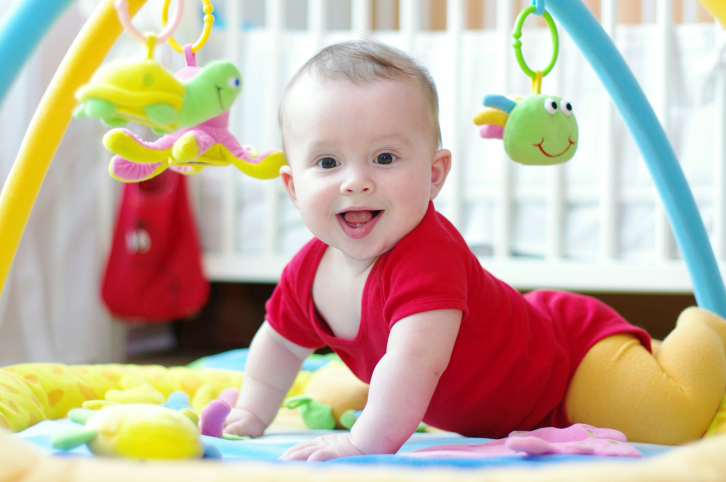
They wanted the best. How well it all began ...
Finally, the baby was taken from the hospital. In the room of the newborn are waiting for sterile diapers, vests and a dummy. Before taking the baby in their arms, they thoroughly wash with soap. Kissing on the cheek is forbidden. No visits by relatives! These carriers of infection will not cross the threshold of your home for a long time.
The baby is growing. He got the first toys - sterile rattles. The room is still wet every day using the latest disinfectants.
It's time to crawl. Here the baby is waiting for a surprise - playpen. No, he will not, like other children, explore the world for taste and touch. After all, it’s dangerous, germs are everywhere! He is destined for a sterile "cell."
Baby started to walk. Now disinfection is a matter of paramount importance. The enemy will not hide! The mother barely stands on her feet, but she firmly believes that microbes have no place next to her baby.
The baby has grown. It's time for kindergarten. But it was not there!
Four days in the garden - two weeks on sick leave. And this algorithm repeats with horrific regularity.
I would like to ask: how will a child develop immunity if he is not even familiar with microbes? And how justified are such clean-keeping efforts?
Are microbes really scary?
Irony! Children raised in dysfunctional families, where they do not know what cleanliness and order are, rarely get sick.
Are microbes and bacteria so scary?
- Firstly, if the baby is deprived of contact with harmful microorganisms, he is deprived of useful ones. After all, you can’t sort them.
- Secondly, in contact with “pests”, the child develops immunity to many diseases whose strains are the same bacteria and microbes.
Why are we afraid?
The reason parents create sterile conditions for their baby is fear.
- Little. What if he gets sick. - And it begins ... the disinfection of floors, walls, toys and all that with which the baby can come into contact. As a result, for what they fought, they ran into something. The diagnosis is allergic, asthmatic, chronic rhinitis. In the best case, an often sick child.
Why is this happening?
Are germs enemies or friends?
In the womb, the baby inherits nonspecific immunity. After birth, a specific (acquired) is formed.
Knowing the world of taste and touch, the baby gets acquainted with the microflora. Some microorganisms have a beneficial effect, others do not. With the latter, the immune system fights by producing antibodies. Outwardly, this is not always noticeable. But in the cells of a growing organism there is a constant struggle. It is these antibodies that form the acquired immunity of the crumbs. The more diverse the microbes in the environment of the child, the wider the immune system. Therefore, it is important to create clean conditions, but not sterile, so that the baby gets acquainted with a wide range of bacteria in small quantities.
When a child grows in a sterile environment, he is like an alien on his own planet. Within the home environment he is not in danger. Going outside, plunges into the world of alien aggressive microorganisms. How long will he last? 4 to 8 days? And then he is waiting for a home regimen, medicines ... Lack of fresh air and antibiotics depress the immune system. The child recovered - all in a new way.
Clean and sterile are not the same thing.
The mistake of young mothers to listen to one thing and hear another. There is a difference between hygiene and sterile.
- Maintaining cleanliness involves cleaning the room as it becomes dirty. We saw garbage on the floor, dust on the shelves - vacuum, wipe with a damp cloth. The nipple fell to the floor, the baby dropped the toy - rinse with warm boiled water.
Many parents are afraid to have pets. Considering furry friends peddlers of infection. Do not deprive the child of communication with our smaller brothers. They not only bring joy, but also expand the microflora of the baby. Yes, they have germs on them! Nothing wrong. Consider them your friends.
- Use disinfectants in the children's room should, if necessary, get rid of the infection. When she has already shown herself. Usually after or during sick leave.
The last decades, the number of allergic people is growing. Scientists trace the dependence of the disease on excessive enthusiasm in these families for cleanliness. The fact is that the chemical industry uses aggressive substances as components: peroxides, phenols, alcohols. If the body and hands can be protected with water, simply flushing from the surface, then the respiratory system is unarmed. But evaporating, these particles settle in the lungs. So think about what your children breathe in sterile conditions.

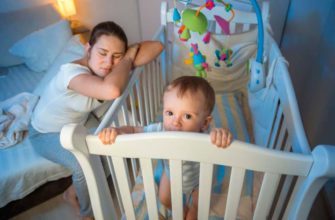


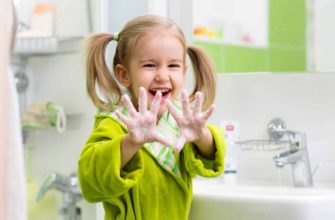
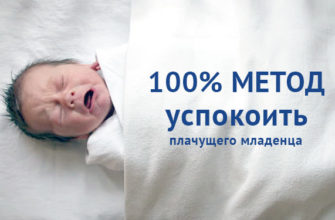
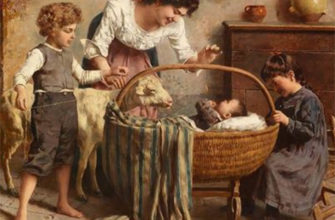

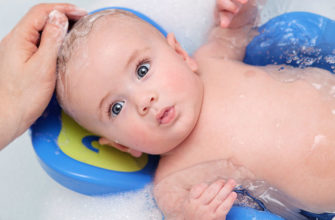
To some extent, yes, children do not need perfect cleanliness, but in my opinion it’s still not worth launching housing. And in fact, not all children raised in dysfunctional families rarely get sick, rather their parents do not care.